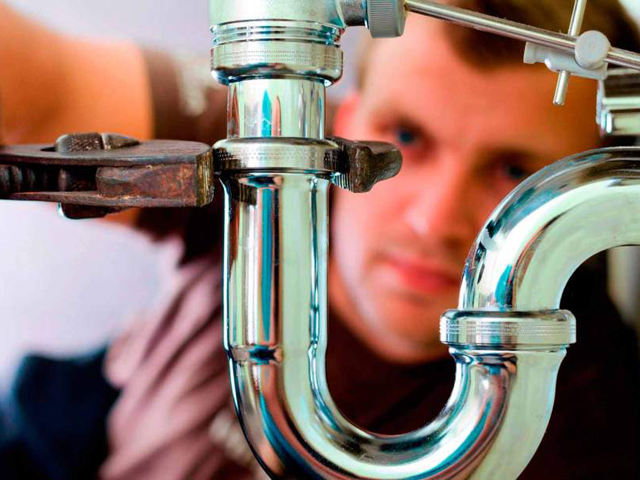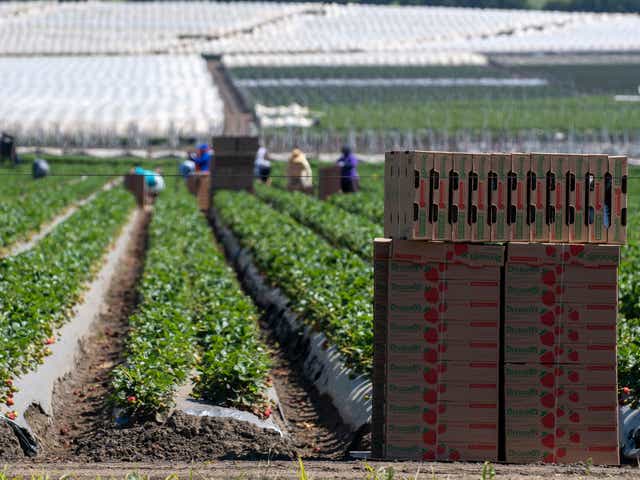Plumbing is a vital aspect of modern living, ensuring the proper functioning of water and drainage systems in residential, commercial, and industrial settings. However, working as a plumber can pose various risks and hazards that may lead to accidents or injuries if not managed properly. Therefore, prioritizing safety is crucial to protect plumbers and ensure a secure working environment. In this blog post, we’ll explore essential tips for preventing accidents and injuries in the plumbing profession.

- Wear Proper Personal Protective Equipment (PPE): Personal protective equipment (PPE) is essential for plumbers to minimize exposure to hazards and reduce the risk of injuries. Some of the essential PPE items include safety glasses or goggles to protect the eyes from flying debris or chemical splashes, gloves to shield the hands from sharp objects and chemicals, hard hats to prevent head injuries from falling objects, and steel-toed boots to protect the feet from heavy equipment or tools. Additionally, plumbers should wear respiratory protection when working in environments with dust, fumes, or airborne contaminants. By wearing the appropriate PPE, plumbers can significantly reduce the risk of workplace injuries.
- Practice Safe Lifting Techniques: Plumbers often need to lift heavy objects, such as pipes, fixtures, or equipment, which can strain the back and lead to musculoskeletal injuries if done incorrectly. To prevent injuries while lifting, plumbers should use proper lifting techniques, such as bending at the knees and keeping the back straight, using the legs to lift instead of the back, and avoiding twisting while lifting or carrying heavy objects. Additionally, using mechanical lifting aids, such as dollies or carts, can help reduce the strain on the body and minimize the risk of injuries associated with manual lifting.
- Maintain a Clean and Organized Work Area: A cluttered or disorganized work area can increase the risk of trips, slips, and falls, leading to injuries. Plumbers should keep their workspaces clean, tidy, and free of debris to minimize the risk of accidents. Tools and equipment should be properly stored when not in use, and spills or leaks should be promptly cleaned up to prevent slips and falls. Additionally, tripping hazards, such as loose cords or hoses, should be secured or removed from pathways to prevent accidents. By maintaining a clean and organized work area, plumbers can create a safer environment for themselves and their colleagues.
- Stay Vigilant Around Electrical Hazards: Plumbing work often involves working around electrical systems, such as water heaters or pumps, which can pose electrical hazards if not handled properly. Plumbers should always assume that electrical systems are live and take appropriate precautions to avoid shocks or electrocution. This includes wearing insulated gloves or using insulated tools when working on electrical components, ensuring that power sources are properly shut off and locked out before starting work, and avoiding contact with water when working around electrical systems. Additionally, plumbers should be aware of overhead power lines and maintain a safe distance to prevent accidental contact. By staying vigilant and following proper safety procedures around electrical hazards, plumbers can minimize the risk of electrical injuries on the job.
Plumbing is a demanding profession that requires careful attention to safety to prevent accidents and injuries on the job. By wearing proper personal protective equipment, practicing safe lifting techniques, maintaining a clean work area, and staying vigilant around electrical hazards, plumbers can create a safer working environment and reduce the risk of workplace injuries. Prioritizing safety not only protects plumbers from harm but also ensures the efficient and successful completion of plumbing projects according to this link, redrhino.com/plumbing/braden-river-plumbers.










